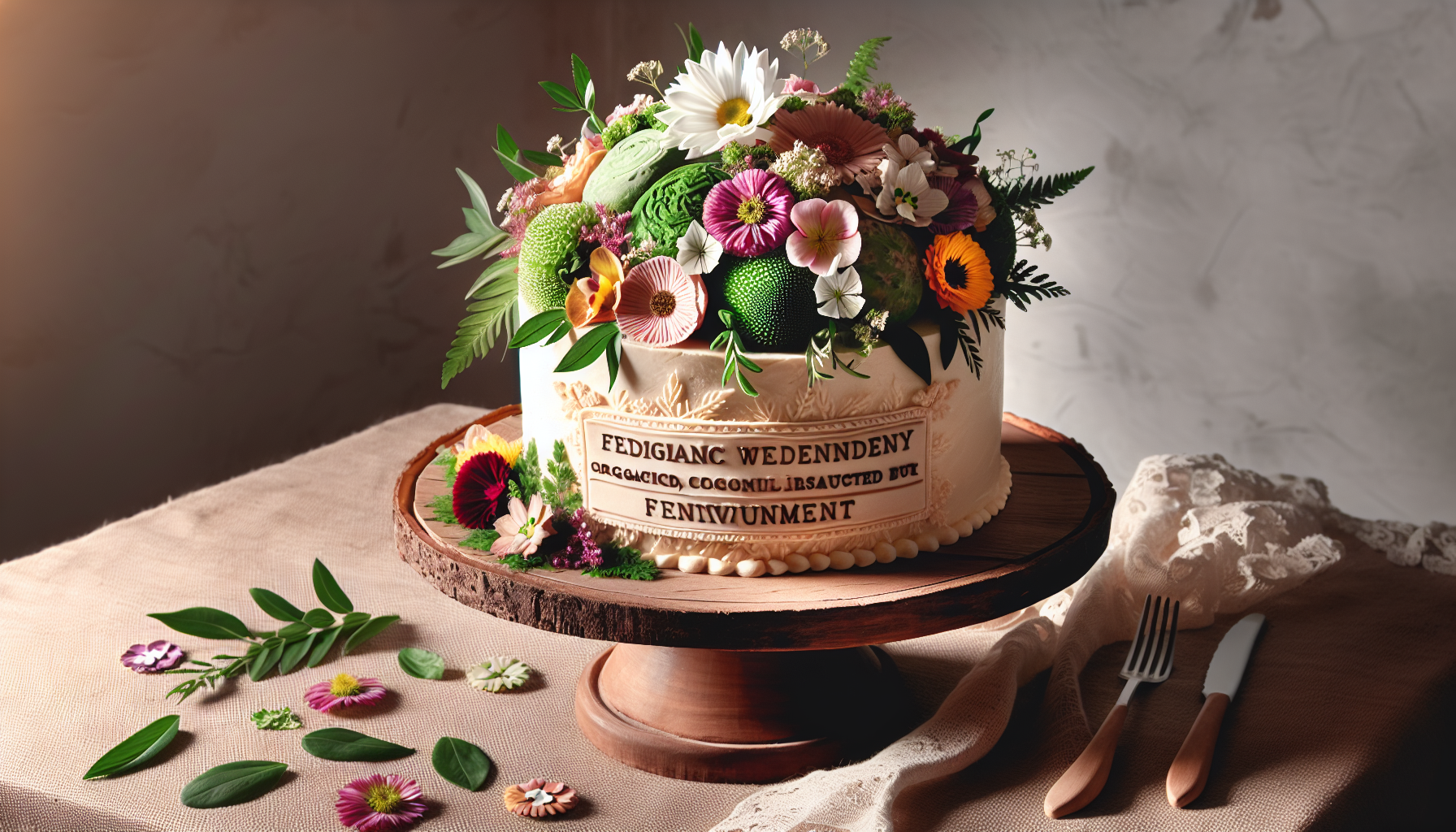The Evolution of Wedding Planning: Trends and Future Opportunities

Technology has revolutionized the way weddings are planned and executed. From virtual planning tools to social media marketing, wedding planners are leveraging technology to enhance their services and reach a wider audience. Online platforms such as WeddingWire and The Knot provide planners with tools to manage budgets, timelines, and vendor contracts efficiently. Additionally, the rise of virtual reality (VR) allows couples to experience their venues before making decisions, creating a more interactive planning process. Example: A wedding planner can utilize virtual tours of venues, enabling couples to visualize their wedding setup without the need for multiple site visits. This not only saves time but also allows for better decision-making. Furthermore, social media has become an invaluable marketing tool, enabling planners to showcase their work and attract potential clients through visually engaging content.
Sustainability in Wedding Planning
As environmental consciousness grows, sustainability has become a priority for many couples planning their weddings. Wedding planners are increasingly expected to incorporate eco-friendly practices into their services. This includes recommending sustainable vendors, such as florists who use locally sourced flowers or caterers who prioritize organic ingredients. Example: A planner might suggest a zero-waste wedding by encouraging couples to choose digital invitations, biodegradable confetti, and seasonal produce for their menus. This not only aligns with the couple's values but also attracts environmentally conscious clients. By providing sustainable options, planners can differentiate themselves in a competitive market while fostering goodwill among their clientele.
Changing Consumer Preferences
Modern couples are looking for unique and personalized experiences that reflect their individuality. This shift has led to an increase in themed weddings, destination weddings, and experiential elements that engage guests in new ways. Wedding planners must be adept at curating these experiences, often blending different cultural traditions and contemporary trends. Example: A planner might create an ‘around the world’ wedding theme, incorporating food stations representing different countries, along with entertainment that reflects various cultures. This approach not only makes the wedding memorable but also resonates with couples looking to showcase their personalities. As consumer preferences continue to evolve, wedding planners must stay attuned to emerging trends and be willing to adapt their offerings accordingly.
Emerging Job Titles and Roles
The expanding scope of wedding planning has led to the emergence of new job titles and roles within the industry. Planners can now specialize in areas such as destination wedding coordination, wedding technology consulting, and sustainability advising. This diversification opens up numerous career paths for aspiring wedding planners, allowing them to align their passions with their professional pursuits. Example: A wedding technology consultant could focus on helping couples choose the right apps and tools to streamline their planning process, demonstrating the increased demand for tech-savvy planners. Additionally, roles such as event designers and experiential coordinators are becoming more prevalent, emphasizing the need for creativity and specialized skills in this dynamic field.
The wedding planning industry is at a fascinating crossroads, shaped by technology, sustainability, and evolving consumer desires. For aspiring wedding planners, understanding these trends and adapting to the changing landscape is essential for success. By embracing innovation and prioritizing personalized experiences, planners can position themselves at the forefront of this dynamic industry. As weddings continue to evolve, so too will the opportunities for those who are passionate about creating unforgettable moments for couples on their special day. Whether through leveraging technology, advocating for sustainability, or exploring new niches within the field, the future of wedding planning promises to be as exciting as it is diverse. For those looking to break into this industry, networking through platforms like LinkedIn can provide valuable connections and insights. Aspiring planners should seek out job titles such as wedding coordinator, event designer, and wedding technology consultant, and explore companies that align with their values and interests. By staying informed and adaptable, they can carve a niche for themselves in this ever-evolving landscape.
Destination Wedding Coordinator
Destination Weddings, WeddingWire, local wedding planning firms
Core Responsibilities
Plan and execute weddings in various locations, ensuring all logistics are handled seamlessly.
Collaborate with local vendors and venues to create tailored experiences for couples.
Manage travel arrangements and accommodations for guests, ensuring a smooth experience from start to finish.
Required Skills
Strong organizational and project management skills to coordinate multiple moving parts.
Proficiency in negotiation to secure the best rates and services from vendors.
Experience in travel planning or knowledge of destination-specific regulations and customs.
Wedding Technology Consultant
Tech startups in the wedding industry, consulting firms, freelance opportunities
Core Responsibilities
Advise couples on the latest wedding planning tools and software to streamline their planning process.
Evaluate and recommend apps for budgeting, guest management, and vendor coordination.
Conduct workshops or webinars on how to utilize technology effectively for wedding planning.
Required Skills
Proficient in various wedding planning technologies and platforms, including CRM systems.
Excellent communication and teaching skills to guide clients through tech solutions.
Understanding of the wedding industry landscape to provide tailored recommendations.
Event Designer
Event planning agencies, design firms, luxury wedding planning companies
Core Responsibilities
Conceptualize and design the overall aesthetic and theme for weddings and other events.
Create detailed floor plans and decor mock-ups, ensuring visual harmony throughout the event.
Collaborate with florists, lighting specialists, and rental companies to execute the vision.
Required Skills
Strong creative vision with a background in interior design or visual arts.
Knowledge of current design trends and the ability to adapt to various themes and styles.
Excellent project management skills to oversee the installation and execution of design elements.
Sustainability Wedding Advisor
Eco-conscious wedding planning firms, non-profit organizations focused on sustainability, freelance consulting
Core Responsibilities
Guide couples in making eco-friendly choices throughout their wedding planning process.
Research and recommend sustainable vendors, including caterers, florists, and rental companies.
Develop strategies for minimizing waste and environmental impact during the event.
Required Skills
In-depth knowledge of sustainable practices and eco-friendly materials within the wedding industry.
Ability to communicate the importance of sustainability to clients and vendors.
Experience in environmental science or a related field is a plus.
Experiential Wedding Coordinator
Full-service event planning companies, experiential marketing agencies, boutique wedding firms
Core Responsibilities
Craft unique, engaging experiences for wedding guests, such as interactive entertainment or themed activities.
Collaborate with couples to incorporate personal stories or cultural elements into the wedding experience.
Manage logistics for experiential elements, ensuring that everything runs smoothly on the wedding day.
Required Skills
Strong creativity and innovation to develop memorable experiences that resonate with guests.
Excellent communication and interpersonal skills to work closely with couples and vendors.
Experience in event marketing or hospitality can be beneficial.


